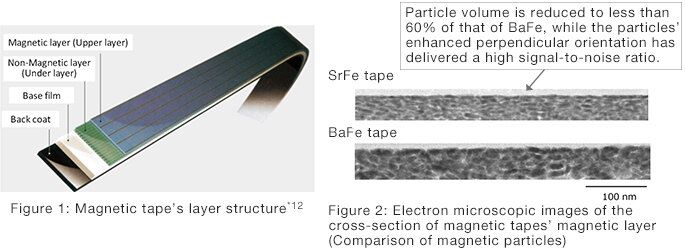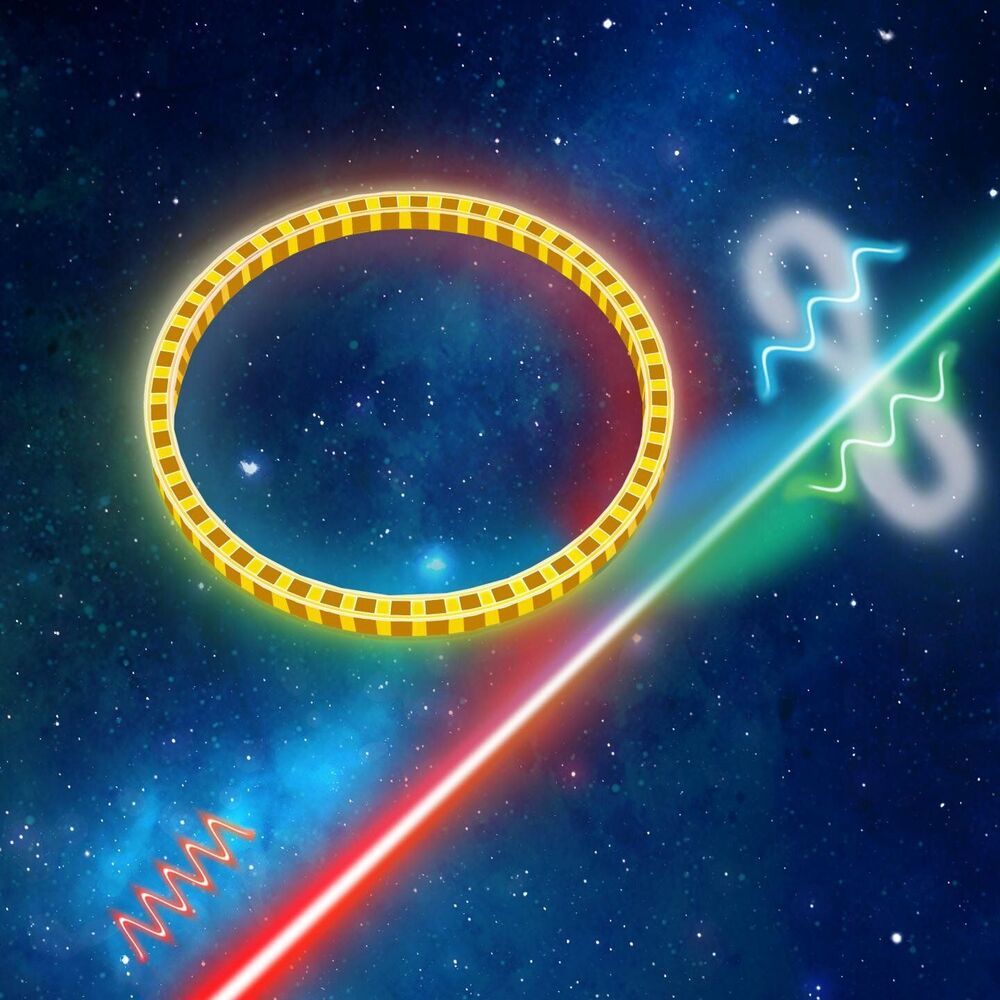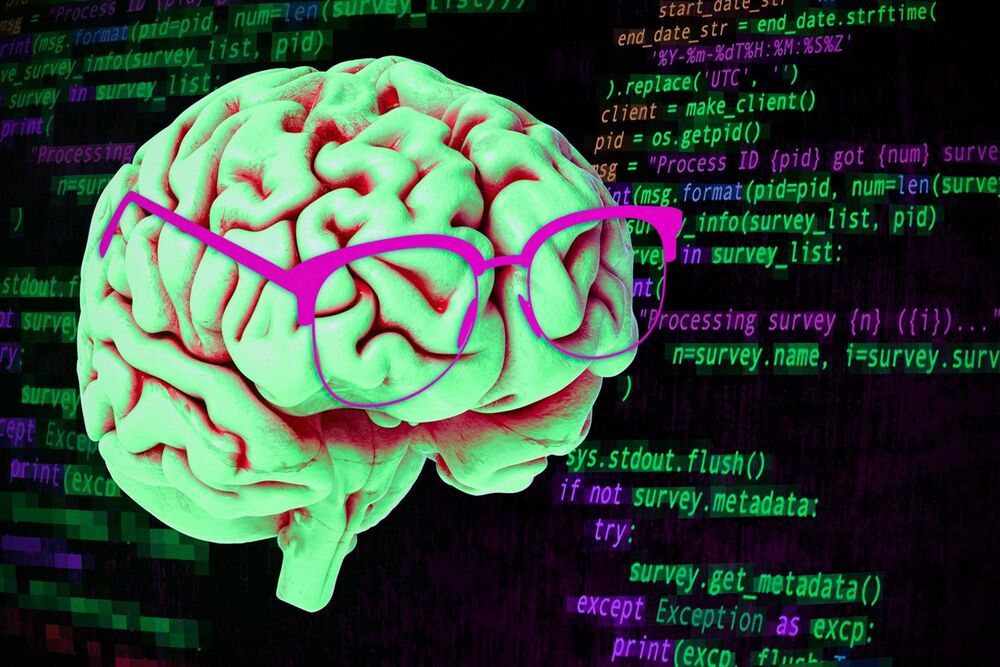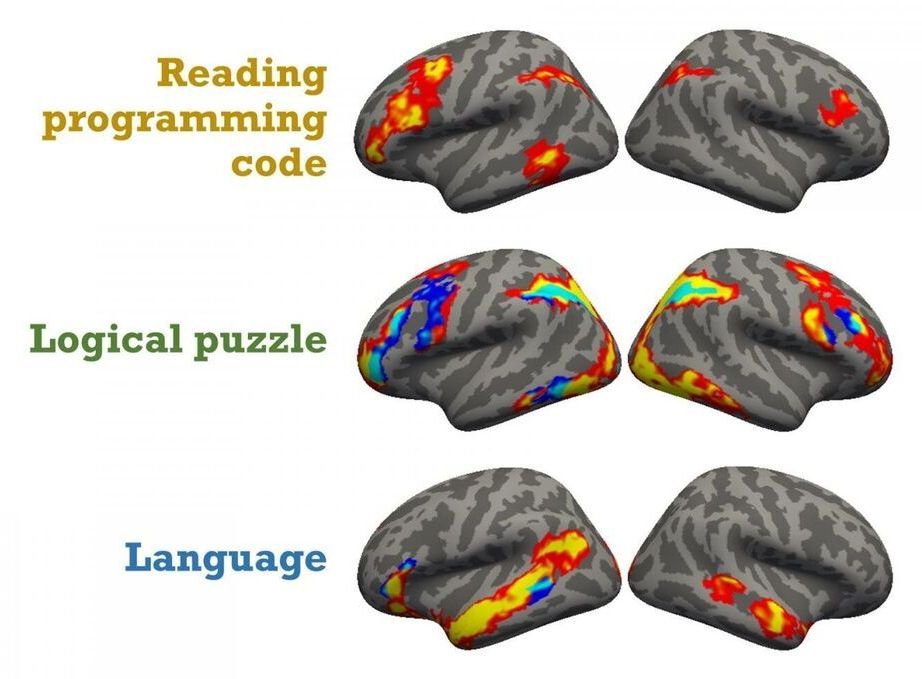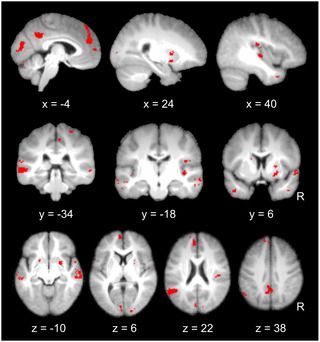Second, we chose 2 major Appraisals with well-established roles in emotion elicitation, but interactive game paradigms could also investigate the neural basis of other appraisals (e.g., novelty, social norms). Furthermore, our study did not elucidate the precise cognitive mechanisms of particular appraisals or their neuroanatomical substrates but rather sought to dissect distinct brain networks underlying appraisals and other emotion components in order to assess any transient synchronization among them during emotion-eliciting situations. Importantly, even though different appraisals would obviously engage different brain networks, a critical assumption of the CPM is that synchronization between these networks and other components would arise through similar mechanisms as found here.
Third, our task design and event durations were chosen for fMRI settings, with blocked conditions and sufficient repetitions of similar trials. The limited temporal resolution of fMRI did not allow the investigation of faster, within-level dynamics which may be relevant to emotions. Additionally, this slow temporal resolution and our brain-based synchronization approach are insufficient to uncover fast and recurrent interactions among component networks during synchronization, as hypothesized by the CPM. Nonetheless, our computational model for the peripheral synchronization index did include recurrence as one of its parameters, allowing us refine our model-based analysis of network synchronization in ways explicitly taking recurrent effects into account (see S1 Text and Table J in S1 Table). In any case, neither the correlation of a model-based peripheral index nor an instantaneous phase synchronization approach could fully verify this hypothesis at the neuronal level using fMRI. To address these limitations, future studies might employ other paradigms with different game events or other imaging analyses and methodologies with higher temporal resolution. Higher temporal resolution may also help shed light on causality factors hypothesized by the CPM, which could not be addressed here. Finally, our study focused on the 4 nonexperiential components of emotion, with feelings measured purely retrospectively for manipulation-check purposes. This approach was motivated conceptually by the point of view that an emotion can be characterized comprehensively by the combination of its nonexperiential parts [10] and methodologically by the choice to avoid self-report biases and dual task conditions in our experimental setting. However, future work will be needed to link precise moments of component synchronization more directly to concurrent measures along relevant emotion dimensions, without task biases, as previously examined in purely behavioral research [20].
Nevertheless, by investigating emotions from a dynamic multi-componential perspective with interactive situations and model-based parameters, our study demonstrates the feasibility of a new approach to emotion research. We provide important new insights into the neural underpinnings of emotions in the human brain that support theoretical accounts of emotions as transient states emerging from embodied and action-oriented processes which govern adaptive responses to the environment. By linking transient synchronization between emotion components to specific brain hubs in basal ganglia, insula, and midline cortical areas that integrate sensorimotor, interoceptive, and self-relevant representations, respectively, our results provide a new cornerstone to bridge neuroscience with psychological and developmental frameworks in which affective functions emerge from a multilevel integration of both physical/bodily and psychological/cognitive processes [62].
